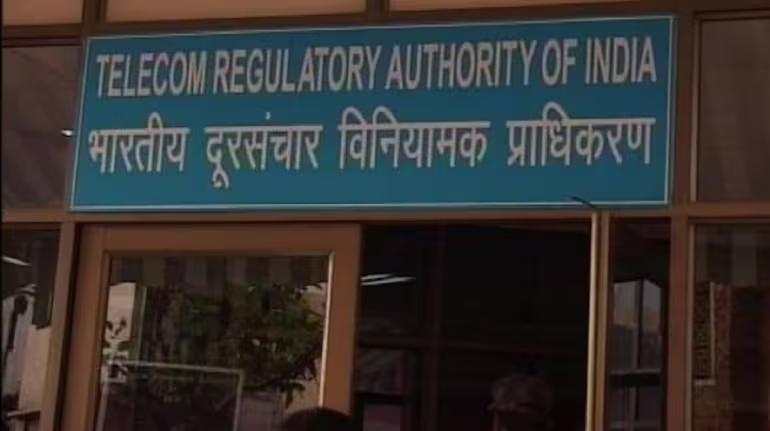
TRAI Issues Public Advisory on Cyber Frauds Misusing Its Name
In a bid to protect the public from rising cyber frauds and financial scams, the Telecom Regulatory Authority of India (TRAI) has issued a public advisory cautioning individuals about a surge in fraudulent activities involving the misuse of its name. The advisory highlights the various ways in which fraudsters are impersonating TRAI officials and using forged documents to extract sensitive personal information from unsuspecting individuals.
According to the advisory, the frauds include impersonation of TRAI officials through calls, messages, and forged documents. The scammers use these tactics to coerce or threaten individuals into sharing their personal information, including financial details such as bank account numbers and OTPs. The TRAI has emphasized that it does not request for sensitive information such as Aadhaar cards, bank account details, or OTPs.
The advisory is a timely warning, given the increasing sophistication of cyber frauds and financial scams. In recent years, there has been a significant rise in cases of fraudsters using the names of government agencies, banks, and other reputable organizations to dupe innocent individuals. The TRAI’s advisory is a welcome move, as it aims to educate the public about the ways in which scammers operate and how to protect themselves from these fraudulent activities.
So, what are the warning signs that you may be a target of these cyber frauds? Here are some key indicators to look out for:
- Unsolicited calls and messages: Be wary of unsolicited calls and messages claiming to be from TRAI or any other government agency. Legitimate organizations will rarely initiate contact with you, especially if you haven’t given them your consent to do so.
- Requests for sensitive information: TRAI or any other government agency will not ask you to share sensitive information such as Aadhaar card numbers, bank account details, or OTPs. Be cautious of requests that seem excessive or unusual.
- Forged documents and letterheads: Fraudsters often use forged documents and letterheads to add a layer of authenticity to their scams. Be skeptical of documents that seem suspicious or don’t carry the official seal of the organization.
- Threats and coercion: Legitimate organizations will never threaten or coerce you into sharing your personal information. Be cautious of threats or intimidation tactics used by fraudsters to extract sensitive information.
So, what can you do to protect yourself from these cyber frauds? Here are some tips:
- Verify the identity of the caller: If you receive a call claiming to be from TRAI or any other government agency, verify the caller’s identity by asking for their official ID or contacting the agency directly.
- Be cautious of requests for sensitive information: Never share sensitive information such as Aadhaar card numbers, bank account details, or OTPs with anyone, unless you are absolutely certain that it’s a legitimate request.
- Use secure communication channels: Use secure communication channels such as encrypted messaging apps or email to communicate with organizations or individuals.
- Report suspicious activities: If you suspect that you have been targeted by a cyber fraud or financial scam, report the incident to the TRAI or the relevant authorities immediately.
In conclusion, the TRAI’s public advisory is a timely reminder of the importance of being vigilant and cautious in today’s digital age. By being aware of the warning signs and taking steps to protect ourselves, we can significantly reduce the risk of falling prey to these cyber frauds and financial scams.






